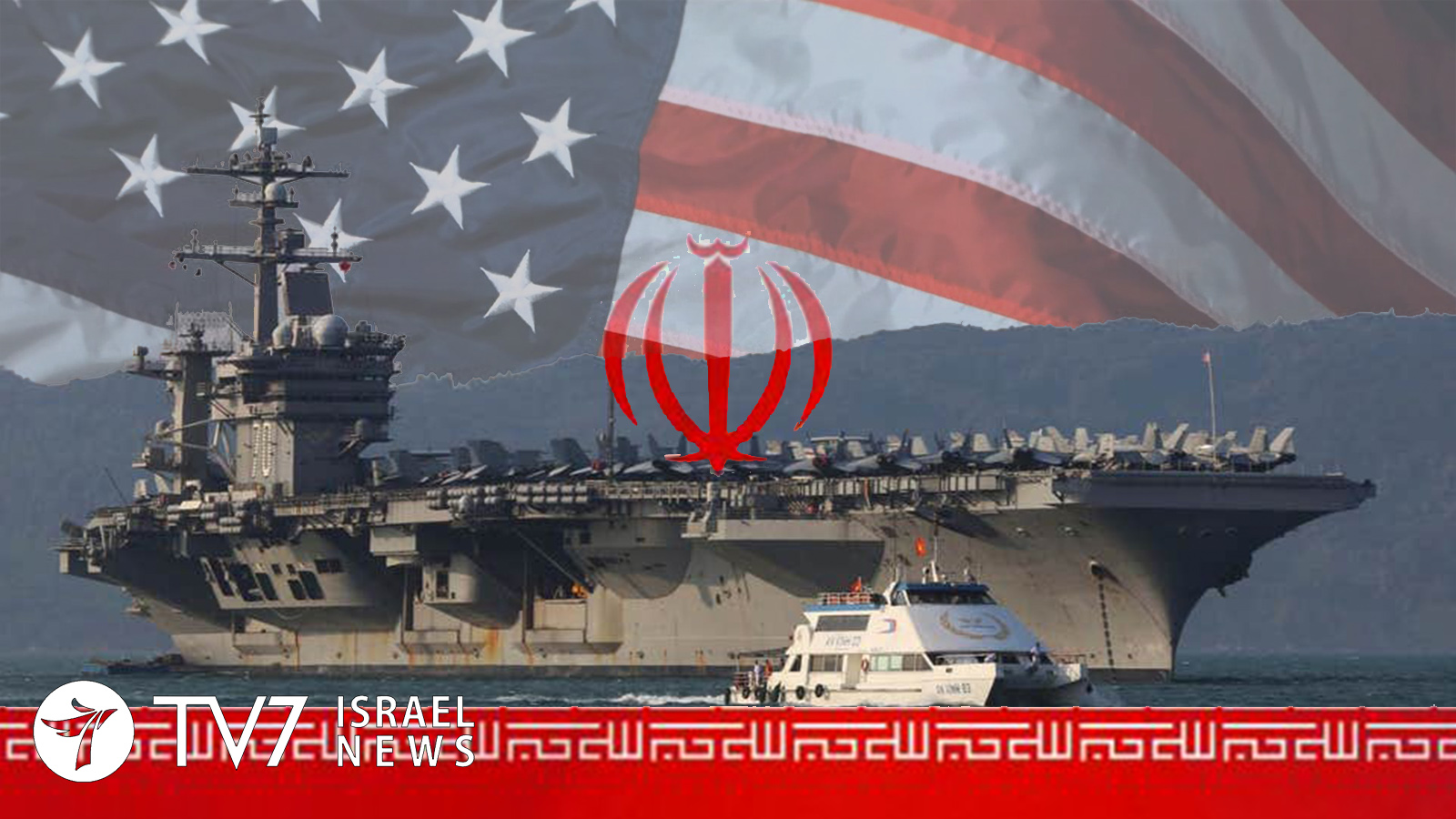Drama on the high seas of the Persian Gulf continues to soar, as British Foreign Minister Jeremy Hunt said Iran’s actions are putting it on a “dangerous path.” The United Kingdom’s Prime Minister Theresa May today chaired a Cobra emergency committee meeting of government officials to discuss the seizure of a British-flagged tanker by Iran’s Islamic Revolutionary Guards Corps (IRGC) on Friday as it passed through the Strait of Hormuz.
Tehran’s state-run IRNA news agency reported that the MV Stena Impero was diverted after it failed to heed distress calls from an Iranian fishing boat after an alleged collusion between the two vessels, and that it is being held pending investigation. The ship remains anchored at the southern Iranian port of Bandar Abbas. According to Iran’s Press TV, 23 crew members holding Indian, Russian, Latvian and Filipino citizenship have been taken off the ship for “questioning.”
Newly-released audio recording of radio transmissions reveal that ahead of the seizure, Iranian naval commanders ordered the British frigate to immediately alter course. The HMS Montrose warship, which was in nearby waters but too far away to offer protection, first advised the tanker to refuse commands. It then informing the Iranians “You must not impair, impede, obstruct or hamper the passage of the MV Stena Impero,” adding, “Please confirm you are not intending to violate international law by unlawfully attempting to board the MV Stena.” At that point, the Iranian Navy replied that “No challenge is intended,” but continued to insist the ship be inspected “for security reasons.”
At that juncture, video footage broadcast by Iranian state television shows the moment masked Iranian commandos in a helicopter subsequently raided and took control the ship, in what appeared to be a well-prepared military operation. Just last week, the HMS Montrose was allegedly able to prevent another British oil tanker from being impeded by Iranian boats, which Tehran denies.
Britain’s Foreign Minister denounced the capture of the Stena Impero as “totally and utterly unacceptable,” and insisted the oil tanker “was seized in Omani waters in clear contravention of international law.” Hunt also warned that Britain’s response would be “considered but robust,” while emphasizing that London is pursuing a diplomatic path to resolve the crisis. He has conferred with his German and French counterparts, Heiko Maas and Jean-Yves Le Drian respectively; both of whom condemned the latest development, and called for the avoidance of a further escalation while ensuring safe passage through the strategic waterway. Washington also criticized the incident, which it referred to as the second time the U.K. has been “the target of escalatory violence” by the Ayatollah Regime.
Relations between Iran and the West had already been fraught. British Royal Marines helped seize the Iranian Grace 1 tanker off Gibraltar on July 4th, because of evidence it was transporting up to 2.1 million barrels of oil to Syria in breach of E.U. sanctions. Tehran has disputed British Foreign Minister Hunt’s stance that the Grace 1 had been legally detained, and has repeatedly threatened to seize a British oil tanker in retaliation of the U.K.’s so-called “piracy.”
Tehran’s relations with both Washington and London have been deteriorating, amid it’s claims that the U.K. seized the Grace 1 at the behest of the U.S. Gibraltar responded that it was not following Washington’s orders to detain the vessel, but took action as not to violate E.U. sanctions. Impound orders for the vessel were extended on Friday by Gibraltar’s Supreme Court for a further 30 days, with the next hearing set for 15 August.
Iranian Foreign Minister Mohammed Javad Zarif tweeted on Saturday that his nation guarantees the security of the Gulf and the Strait of Hormuz, and maintained the capture of the Stena Impero was taken to “uphold international maritime rules.” He then insisted that the U.K. “must cease being an accessory to #EconomicTerrorism of the U.S.”
Tensions have been escalating since the White House withdrew in May 2018 from the Joint Comprehensive Plan of Action nuclear agreement between Iran and six world powers, and tightened economic sanctions against Iran this past spring in a “maximum pressure campaign” aimed at forcing the Islamic Republic to negotiate a new deal and curtail is aggressive regional behavior. Several oil tankers in the Persian Gulf came under attack in May, for which Washington has blamed Tehran. Washington refuted Iran’s assertion that it destroyed a U.S. military drone in June after its airspace was violated, and said the unmanned aerial vehicle had been in international skies; and this past Friday, the U.S. reportedly shot down an Iranian drone in the Gulf. Today Tehran announced it busted up a CIA cell operating on its soil, including the arrests of 17 Iranians.
Throughout, Iran has demanded that its European partners to the JCPOA – Britain, France and Germany – do more to salvage the distintegrating pact, even as the Islamic Republic publicly scaled back on its own nuclear curbs – including uranium enrichments at levels higher than those set by the deal. Nevertheless, all three European governments say they remain committed to preserving the agreement.
